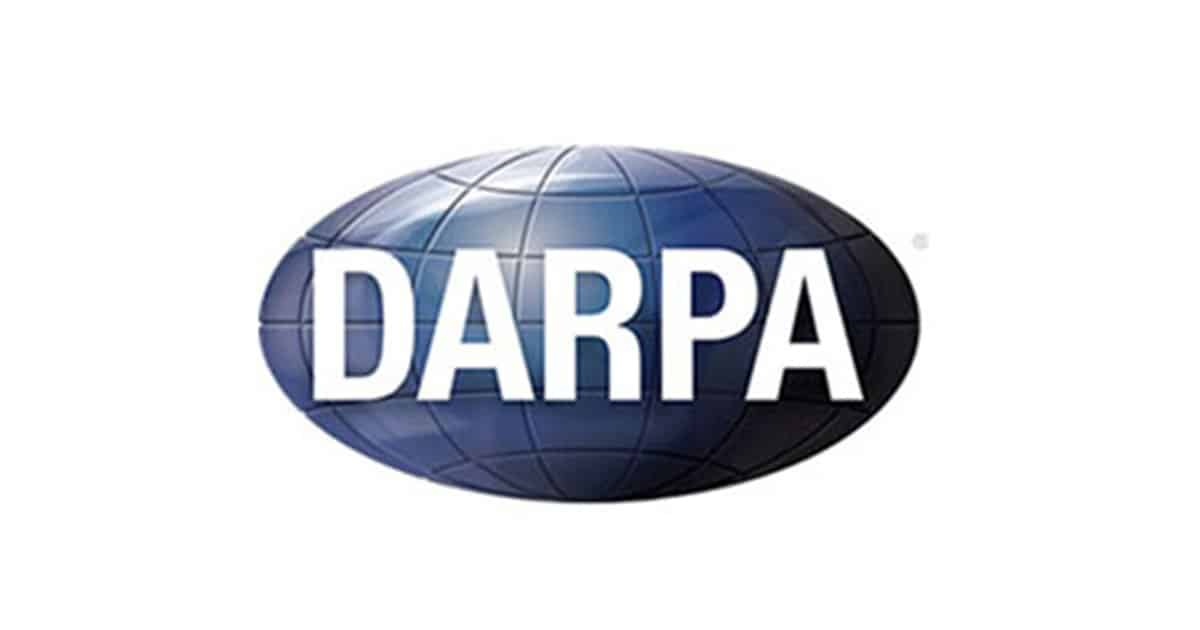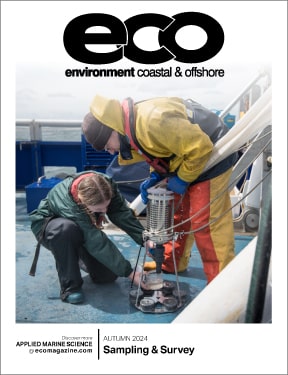Ocean-deployed sensor systems, including seabed-mounted profiling systems—devices that can measuring water temperature, salinity, and flow patterns—hold great potential for national security, understanding dynamics of marine environments, and monitoring marine climate change. Based on convenience and reliability, the vast majority of these systems are powered by batteries. Space constraints and finite energy densities of batteries, however, limit the amount of energy these systems can carry on board. As such, these systems must be serviced to recharge or replace depleted batteries, which is expensive, logistically demanding, and places personnel and platforms at risk. While endurance can be extended by reducing power consumption, active high duty cycle sensors, data processing, and communications require significant electrical power, and compromising on any one of these capabilities diminishes operational value.
If the 30-month BLUE program is successful, DARPA will demonstrate a novel, persistent, sustainable, low-environmental impact power supply that provides ultralong endurance and high payload capacity to remote, ocean-deployed sensor systems.
“It is our hypothesis that the energy requirements of many ocean-deployed systems can be met by development of an onboard device that converts marine biomass into simple fuels and then converts those fuels into operational power,” said Dr. Leonard Tender, BLUE program manager.
Performers will initially focus on characterization of microscopic marine biomass that can be utilized to generate electrical power, identification of key environmental features needed to best meet program goals, and leveraging biology to develop the process for conversion of the input materials to electrical power. Teams will also develop strategies for the capture and mass transport of biomass through conversion to enable up to one year of continuous power generation. The final step involves completion of a comprehensive ecological and environmental impact analysis to ensure system safety.
BLUE performers will engage with US government and defense stakeholders, as well as appropriate regulatory authorities, to ensure safety and efficacy. Teams will be required to meet with ethical, legal, and societal implications experts and ensure the research addresses any related concerns. In the first three months of the program, performers will be working with an independent verification and validation team to conduct environmental assessment of biomass consumption.
“Achieving battery-level power persistently and while fully submerged would be a game changer,” added Tender.
A Broad Agency Announcement solicitation with all program details and instructions for submitting proposals is available on SAM.gov.

